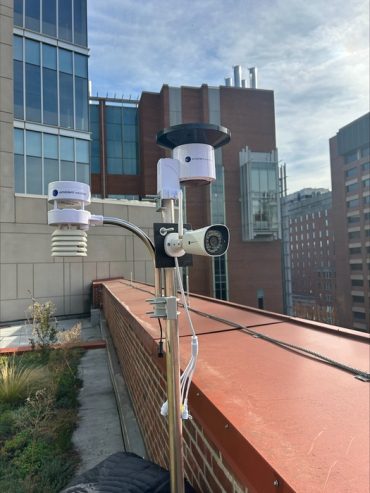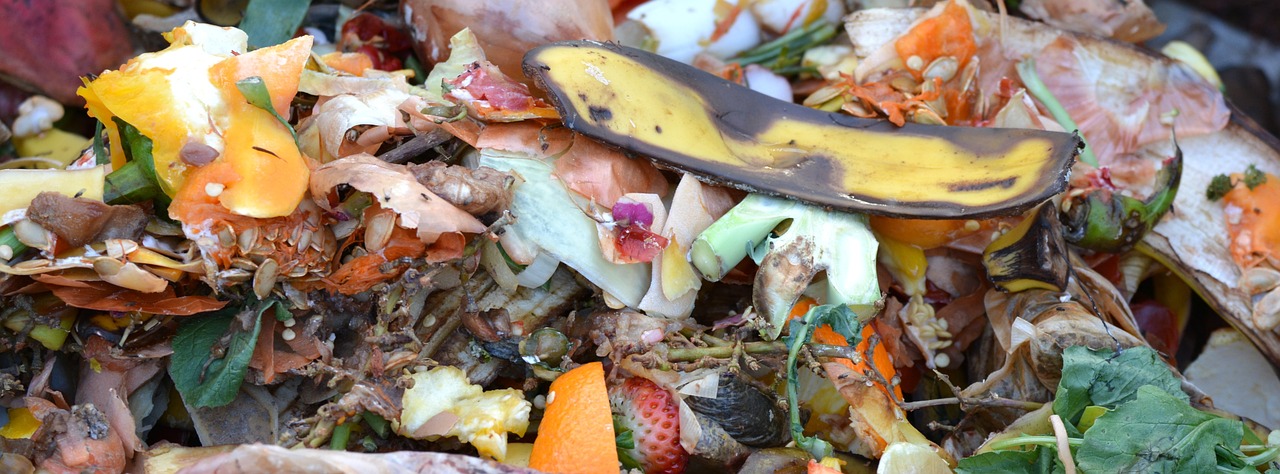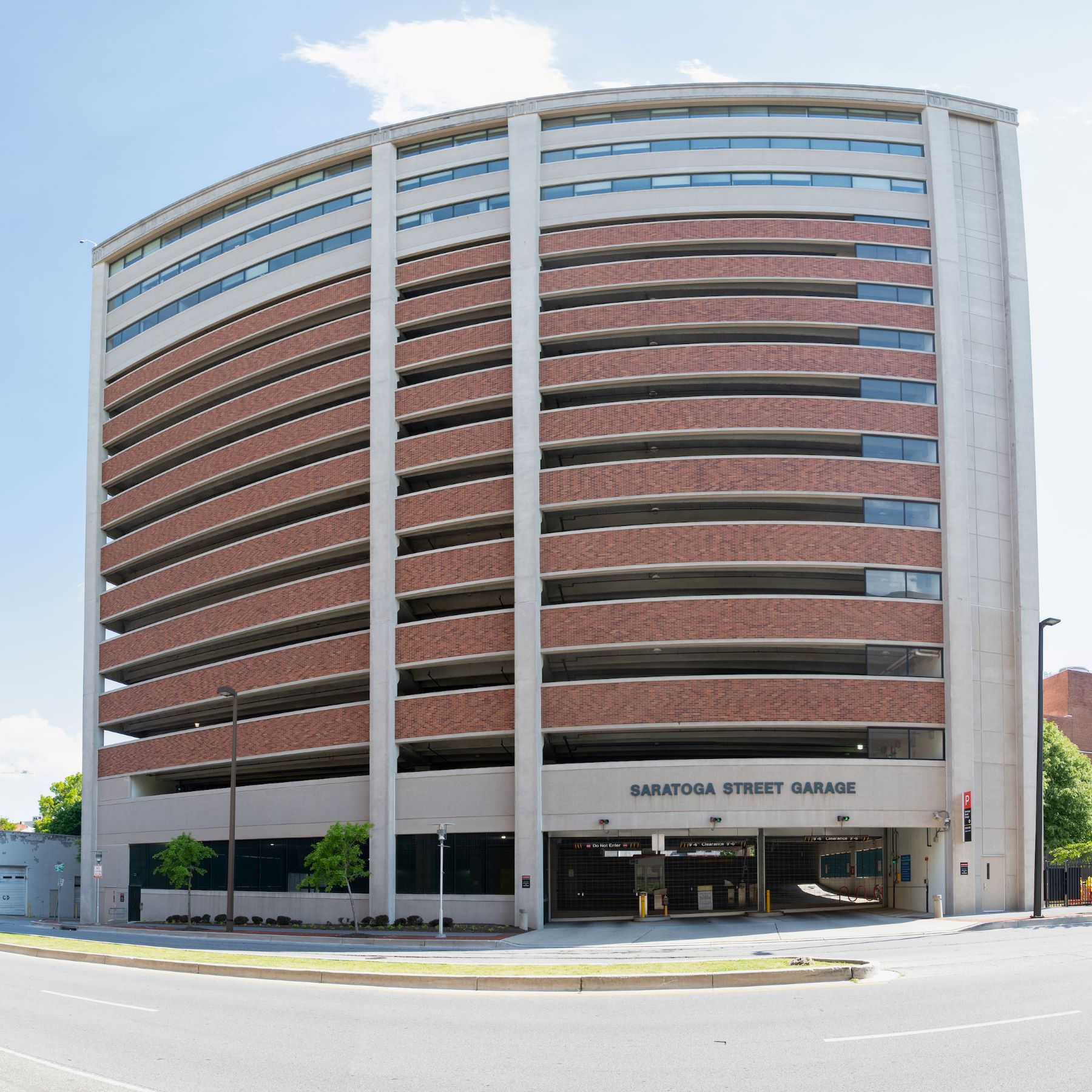Do you know of a campus project that should be featured on this page? Please fill out the form linked below so we can highlight it!
A Division of Administration and Finance
Current Projects

Earth Month 2026
February 10, 2026
Events
Specialty Recycling Collections at the Campus Center and Lexington Building
Wednesday, Apr...
.jpg)
MEA Higher Education Clean Energy Grant Program
October 28, 2025
UMB received a grant for $566,480 from the Maryland Energy Administration to support three projec...

Microsoft Teams Sustainability Community
June 30, 2025
The Office of Sustainability has merged the Microsoft Teams that it manages into one main Sustain...
Walking Wednesdays
March 27, 2025
Walking Wednesdays takes place every other Wednesday from roughly noon to 12:45pm. Anyone is welc...
MSTF Community Garden
June 13, 2025
Did you know that there is a community garden at the Medical School Teaching Facility that UMB co...

Weather Station at HSRF III
January 30, 2024
UMB’s Office of Sustainability worked with Operations and Maintenance to install a small we...

Community Composting Dropoff
August 14, 2023
Through a USDA grant with Baltimore City’s Department of Public Works, UMB started a commun...

UMB Free
November 30, 2022
Purpose
UMB FREE (Food Recovery + Environmental Eating) is a food rescue initiative aiming t...

Saratoga Building Energy Reduction Pilot
September 12, 2022
Building occupancy and use has transformed across campus since the COVID-19 pandemic started. UMB...
Contact
Office of Sustainability
620 W Lexington St
6th Floor
Baltimore, MD 21201






